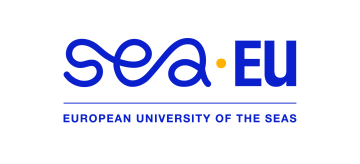Location
University
Location
Institute of Biotechnology, Core Facility, Abrahama 58, 80-307 Gdańsk, Poland, room P18
Short description of shared resource
The Laboratory of Biomolecular Interactions provides access to a wide range of equipment for studying complex molecular interactions in isolated biochemical systems, whole cells and complex biological systems. The laboratory equipment includes BioScope Resolve Atomic Force Microscope, High-Speed Atomic Force Microscope MS-NEX, Biacore T200 biosensor system, Monolith NT.115 and Circular Dichroism Spectrometer Jasco J-1500.
Scientific disciplines
Scientific Themes (keywords)
